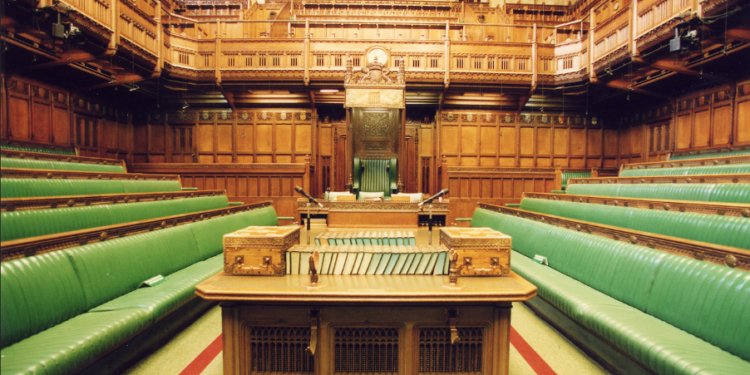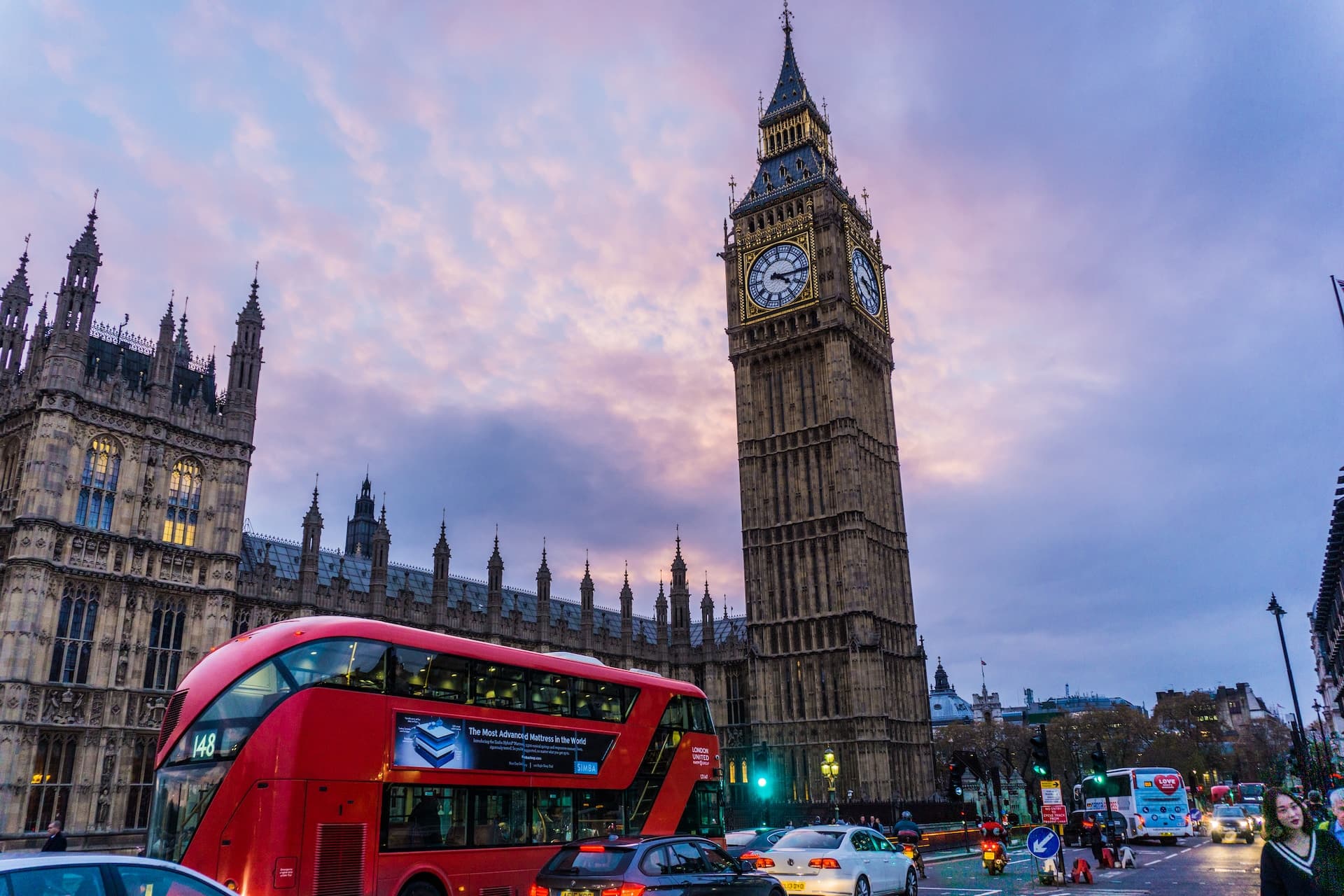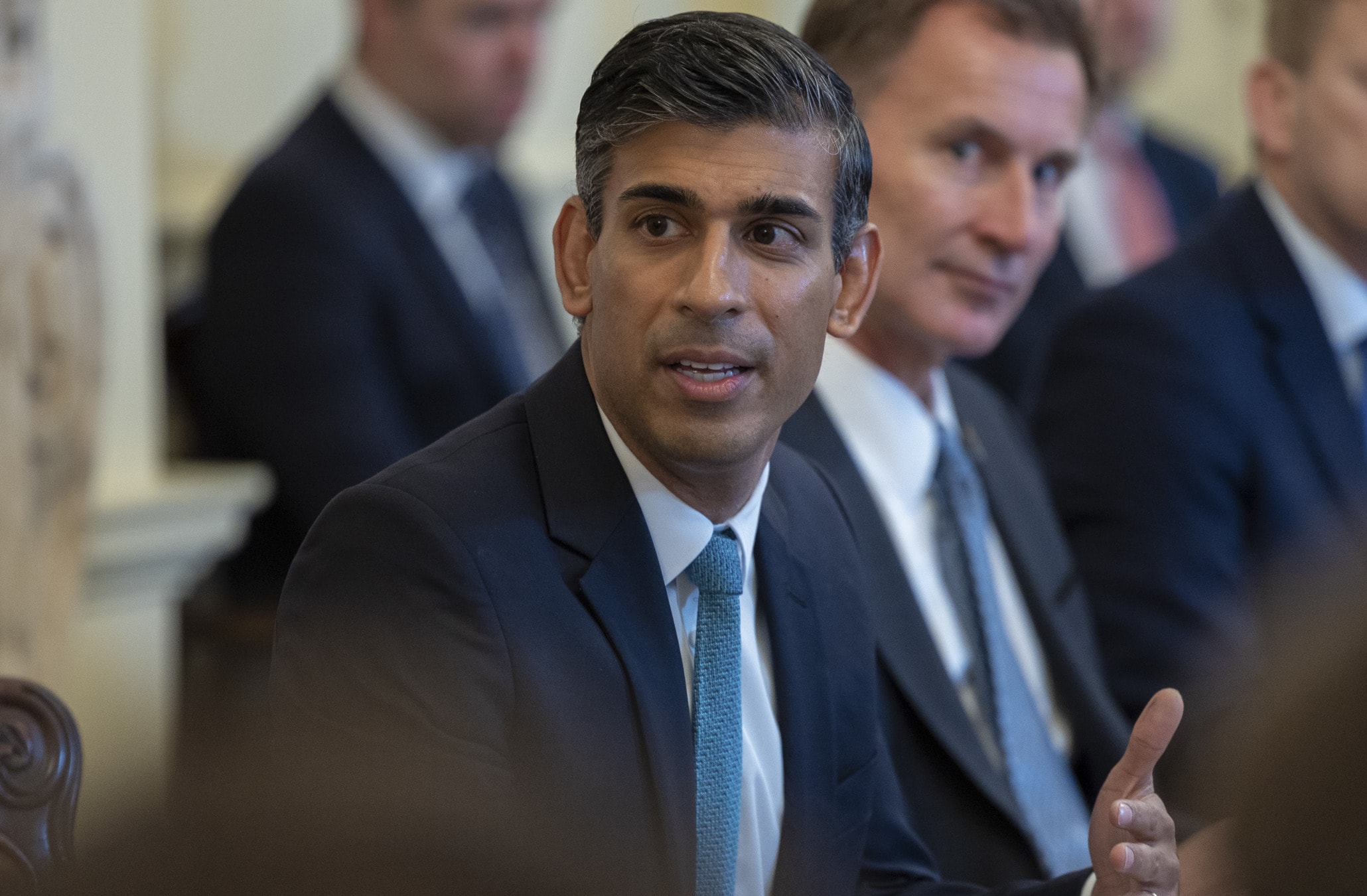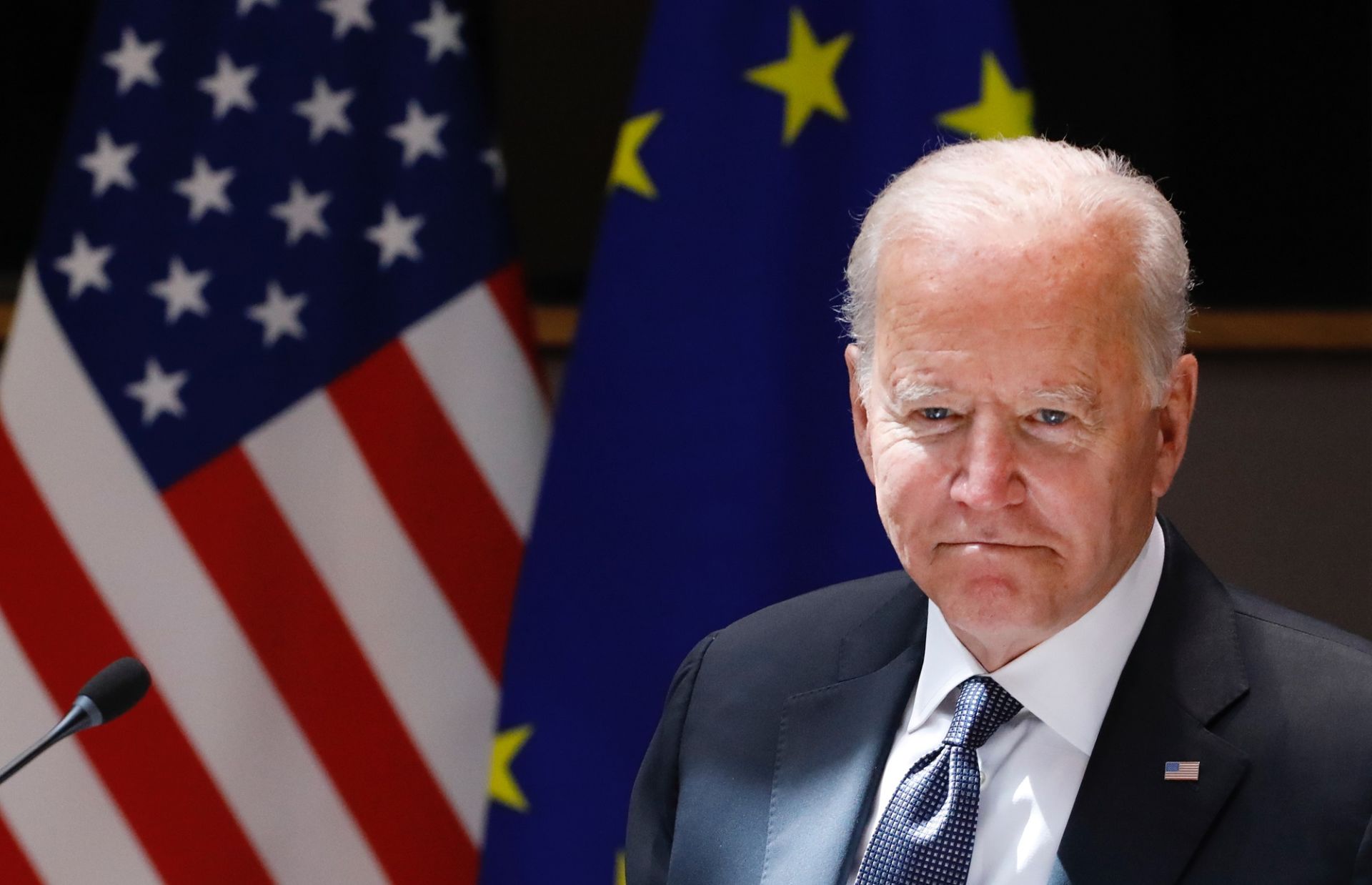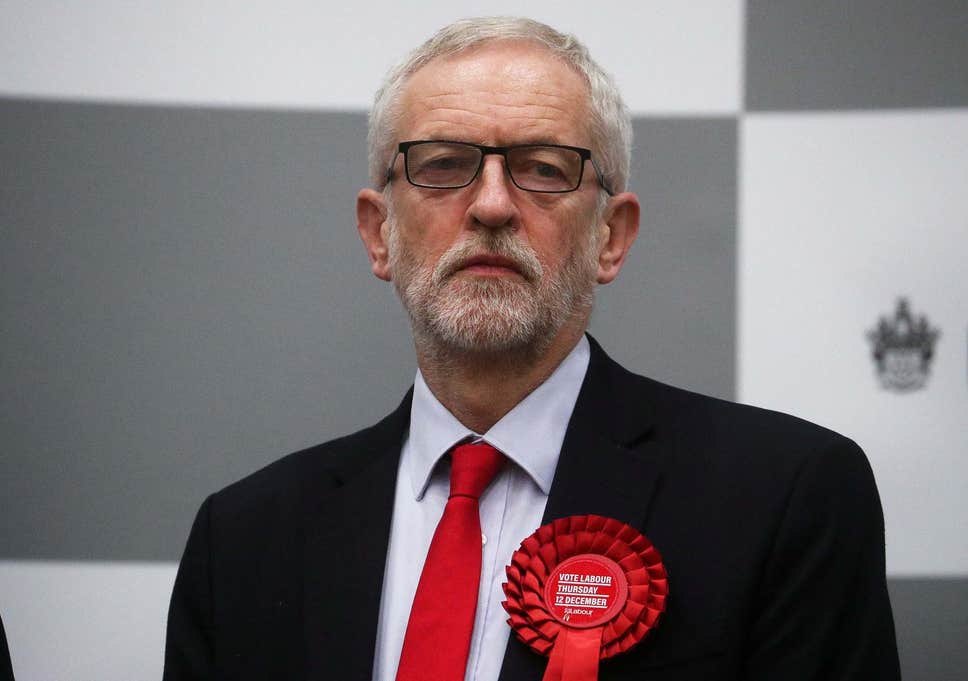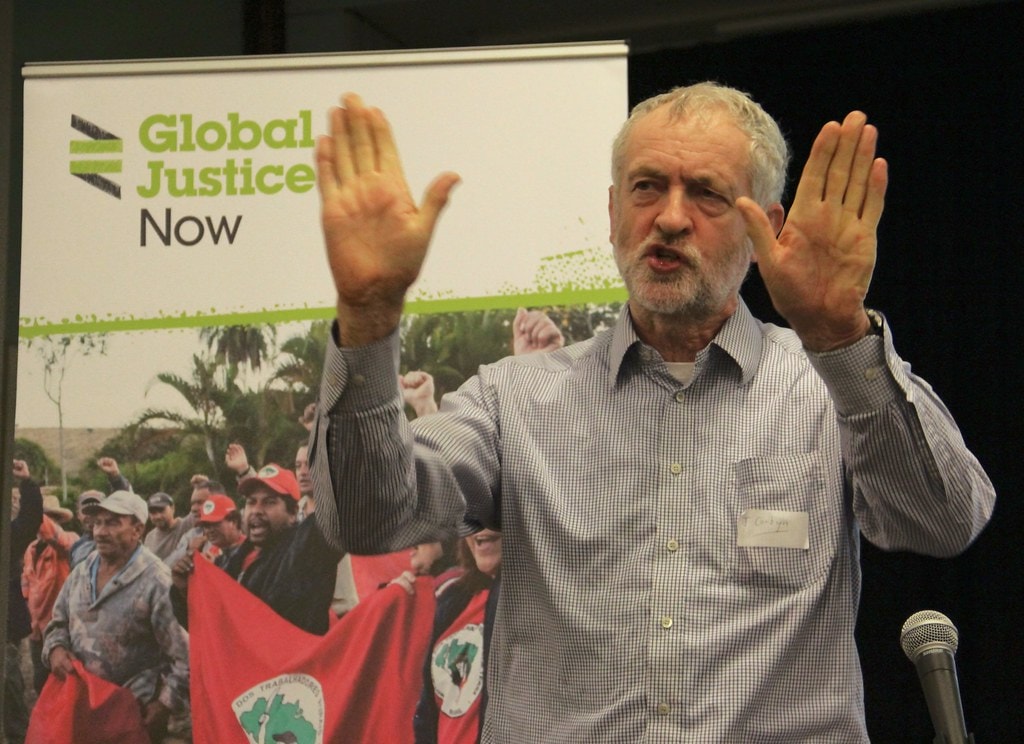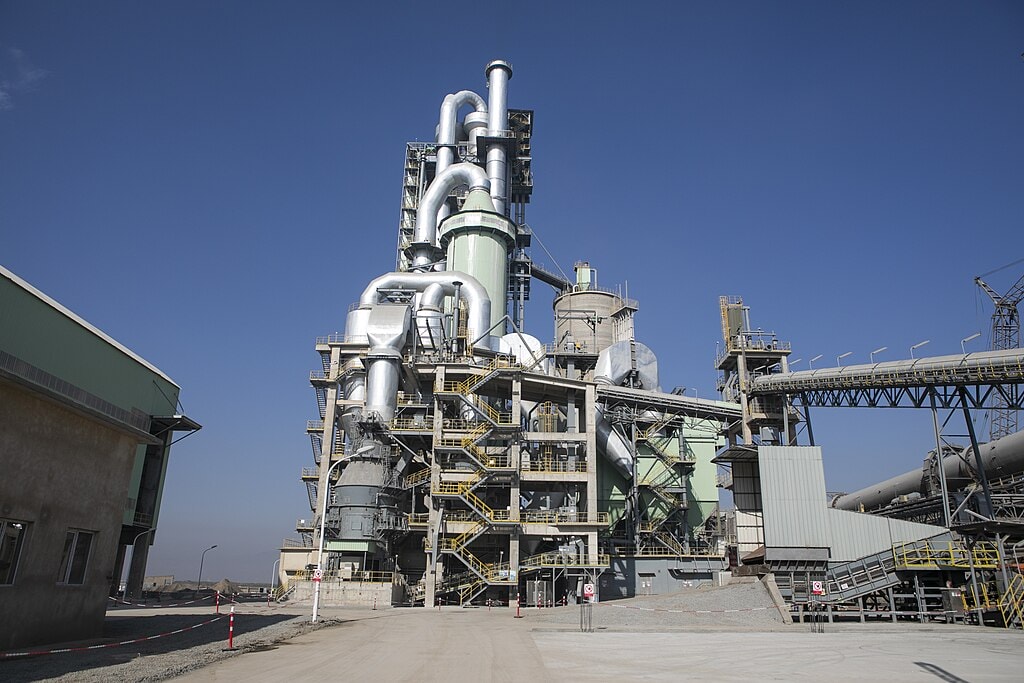After months of political turmoil and the sudden resignations of senior cabinet members, Boris Johnson resigned as UK Prime minister on July 7. The decision also followed a press scandal regarding the sexual misconduct of Conservative deputy chief whip Chris Pincher, the final “nail in the coffin” after a deluge of other scandals.
Johnson’s resignation has left the Conservative party to choose a new leader. Four candidates currently remain in the race to be the next party leader and prime minister, from the 10 who initially had sufficient backing from MPs to enter.
In the first voting round, candidates with less than 30 votes were eliminated. This is followed by the run-off vote stage, where the candidate with the fewest votes in each round is eliminated until two remain. This stage should end on July 21, when the two final candidates will be put to a postal vote of Conservative Party members to decide the winner. The results are expected by September 5.
Those knocked out so far include:
- July 12: Transport secretary Grant Shapps, former health secretary Sajid Javid, and backbencher Rehman Chishti
- July 13: MP Jeremy Hunt and the new Chancellor of the Exchequer Nadhim Zahawi, both of whom failed to reach 30 votes in the first round of voting, with 18 and 25 votes respectively
- July 14: Suella Braverman after receiving 27 votes in the second round of voting
- July 18: Backbencher Tom Tugendhat after receiving 31 votes in the third round of voting
Who are the remaining contenders, and what are their stances?
Rishi Sunak
Rishi Sunak is a clear favourite to replace Mr Johnson, with his “Ready for Rishi” campaign being publicly backed by more Conservative MPs than any other candidate. His pitch as a “serious man for serious times” has secured him the backing of 88 MPs, including Dominic Raab, Jeremy Hunt, and Grant Shapps. Below is a short summary of his stances on some of the key issues facing the UK:
- Tax and spending: Sunak has promised to focus more on fiscal prudence rather than on immediate tax cuts, taking a realist stance on the hard economic reality the UK faces against other candidates promising tax cuts.
- Boris Johnson: Sunak was close to Johnson, and stuck with him throughout Partygate. His resignation, however, was seen as the trigger for Johnson’s resignation, leading him to face much criticism.
- Culture: Sunak has been criticised in the past for not focusing enough on care, housing, or gender policies.
- Climate crisis: Sunak has spoken out in support of the net-zero transition and made the case for a greener economy, but there are fears that Sunak could be swayed towards less progressive policies as other right-wing candidates get knocked out during the contest.
- Northern Ireland: Sunak has not made a formal declaration on his plans around the bill, but it is predicted that he will back it.
- Scotland: Sunak has stated that he does not support another Indyref, that there are more pressing issues to deal with, and that he aims to strengthen the union if he becomes PM.
Round one: 88 votes
Round two: 101 votes
Round three: 115 votes
Penny Mordaunt
Former Defence Secretary Penny Mordaunt is seen as one of the top contenders in the leadership race. She has secured 83 backers in the second voting round, including Andrea Leadsom and Damian Collins. Her stances:
- Tax and spending: Mordaunt favours tax cuts to boost growth and competition and drive her “low tax, small state” vision
- Boris Johnson: Sacked as defence secretary by Johnson, in her campaign video Mordaunt appeals to MPs who felt sidelined during Johnson’s tenure: “Our leadership has to change. It needs to become a little less about the leader and a lot more about the ship.”
- Culture: Mordaunt has been a public supporter of trans rights in the past. However, with “Culture war” issues proving important in the leadership race, Mordaunt recently insisted that opponents were falsely portraying her as “woke.”
- Climate crisis: Mordaunt’s backers claim that she supports net-zero and climate action. She recently vowed to create “millions of green jobs” if elected.
- Northern Ireland: Mordaunt has not yet publicly commented on the Protocol Bill since entering the race.
- Scotland: Last week, Mordaunt wrote in the Daily Mail that she is firmly against Indyref2, and that she could “break the yellow wall” by winning SNP seats for the Conservatives across Scotland.
Round one: 67 votes
Round two: 83 votes
Round three: 82 votes
Liz Truss
Liz Truss is known for being a foreign secretary who takes a hard-line approach. Her pitch to reduce taxes and increase investment into the UK won her the backing of MPs, including Nadine Dorries and Jacob Rees-Mogg.
- Tax and spending: Truss’ economic policies are defined by her “low-tax” economic principles, with higher defence spending and trade deals that set her apart from other contenders.
- Boris Johnson: Truss is seen as a Johnson loyalist.
- Culture: Truss also holds the equalities brief, and has publicly said that people should not have the right to self-identify as a different gender without medical checks.
- Climate crisis: Truss did not include climate commitments in many trade deals when she ran the trade department, and has more recently stated her support for the target, but only alongside economic growth.
- Northern Ireland: Truss originally brought forward the Northern Ireland Protocol legislation, believing a solution could be reached with the EU.
- Scotland: Truss has made clear her opposition to Indyref2.
Round one: 50 votes
Round two: 64 votes
Round three: 71 votes
Kemi Badenoch
Equalities minister under Johnson before resigning on July 6, Badenoch is known for her “anti-woke” and small government platform on the right of the party. Badenoch has received nomination from Michael Gove, who she won over as a “fresh-faced” rising star, determined to focus on “the essentials” and stop the government from being “a piggy bank for pressure groups”. Her stances:
- Tax and spending: Badenoch has pledged to introduce a ‘micro-state’ with lower taxes to boost growth and productivity, alongside a tight spending discipline.
- Boris Johnson: Badenoch fiercely defended Johnson when he came under fire for the Commission on Race and Ethnic Disparities report, and for his Brexit and vaccine campaigns, but recognised that he began to “embody” the feeling that things were not working
- Culture: Badenoch has long been against the ‘war on woke’, where she believes identity politics can be a gateway to coercive control
- Climate crisis: Badenoch has said net zero targets could ‘hit people in the pockets’, and has not committed to them
- Northern Ireland: Badenoch has not yet issued any statements on the Protocol Bill but voted for it in June, allowing it to pass to Committee Stage.
- Scotland: Badenoch is pro-Union, and has previously questioned the incentives for Scottish independence, given their funding settlement under devolution
Round one: 40 votes
Round two: 49 votes
Round three: 58 votes
First televised debate: Conservative candidates argue over tax, identity politics and trust
Sunak condemned his competitors’ “unfunded spree of borrowing and more debt,” including Truss’ proposal to delay repayments of public debt from COVID. There was also a spat between Mordaunt and Badenoch about Mordaunt’s views on trans rights.
Not a single member of the audience of “floating voters” raised their hands when asked if they trusted politicians. When asked whether Johnson was honest, Badenoch answered “sometimes,” Mordaunt spoke of “severe issues,” Truss of “mistakes,” and Tugendhat answered simply “no.”
After a debate on energy bills, only three of the 70 in the audience said they felt politicians were doing enough to help people; and when asked at the end of the debate if it had made them more likely to vote Conservative, only 10 people raised their hands.
Rishi Sunak and Tom Tugendhat clearly made a better impression than the others. Mordaunt was said to come across as “shallow” and Truss as “wooden,” and this sentiment was reflected in Opinium’s snap polls:
We also asked about a range of other leadership characteristics.
Sunak was seen as best placed to win an election, best on the economy, and to hold Conservative values.
Tugendhat was seen as the most likeable and trustworthy.
Badenoch was seen as the most compassionate. pic.twitter.com/mi56yg2eoI
— Opinium (@OpiniumResearch) July 17, 2022
Second debate: Candidates’ pitches evolving, Sunak remains in the lead
In the second televised debate, Truss and Mordaunt came across better, with Truss stressing her superior experience against Sunak, and Mordaunt sounding more confident, but not yet eliminating doubts about her inexperience.
Badenoch also came across well, articulate and energised to make change. However, Sunak still arguably sounded the most polished and authoritative, and remains the frontrunner. Having initially sounded like a fresh start, Tugendhat perhaps slightly lost appeal in the second debate, and is believed to be the most likely candidate to be knocked out on Monday night.
Once again, the debate saw a heated discussion between Truss and Sunak on economic growth, with Sunak claiming: “There’s a cost to these things […] this something for nothing economics isn’t conservatism, it’s socialism.”
When asked if they would welcome Boris Johnson into their cabinet, none of the candidates raised their hand.
When asked if they would commit to the net-zero emissions targets by 2050, Sunak was the only candidate that wholly backed the target. Badenoch and Tugendhat were unsupportive of the target due to the economic impacts they predict it will have. Truss and Mordaunt met at more of a middle ground, discussing amending the target with the hopes that it does not harm the economy.
Despite the promises being made in the meetings, little attention has been paid to foreign policy and the Russia-Ukraine war. Although Johnson was effective in supporting Ukraine, no future strategy has yet been put forward either by him or those in the leadership race, with a greater focus instead on “culture war” issues.
What will happen next?
Monday’s debate was meant to focus on climate matters, featuring COP president Alok Sharma, but it was cancelled after Sunak and Truss pulled out because tense exchanges in the second debate lead to concerns that the debates are damaging the image of the conservative party.
I'm not saying the Conservative leadership contest is going badly, but they just cancelled tonight's televised debate because they want to stop any more members of the public from seeing it happening.
— Adam Bienkov (@AdamBienkov) July 18, 2022
The voting, however, still took place, and at 8pm it was announced that Tugendhat was eliminated. Badenoch is now predicted to be eliminated on Tuesday evening.
This would leave Sunak, Mordaunt and Truss to make the final three, before the final vote from Conservative party members that will decide the path UK politics will take next. Whoever wins this contest faces a challenge: Governing the United Kingdom in remarkably tumultuous times.
Editor’s Note: The opinions expressed here by the authors are their own, not those of Impakter.com. — In the Featured Photo: The House of Commons. Featured Photo Credit: Flickr.


